The lack of transport connectivity and the ageing population are slowing down Northern Bulgaria’s economic growth, reads the latest analysis of the Institute for Market Economics (IME) named “The Regional Economies of Northern Bulgaria: State and Prospects”.
In the past 10 years Vratsa, Pleven, Gabrovo, Montana and Lovech districts have lost one-fifth of their population. Only the coastal city of Varna has not been affected by this negative trend. Bulgaria’s maritime capital remains a major economic and social center in Northern Bulgaria. Moreover, Varna is the third largest city in Bulgaria after Sofia and Plovdiv. The coastal city has the potential to play a key role in the future development of the entire region, if the necessary road infrastructure is built there, contend economic experts from the Institute for Market Economics.

Varna is the city with the highest living standard in Northern Bulgaria and Vidin (located in Bulgaria’s Northwest) is the district city with the lowest living standard in Northern Bulgaria. The annual gross domestic product of Varna amounts to EUR 3.9 billion, whereas Vidin’s annual GDP is ten times lower and amounts to EUR 374 million only. Moreover, the average labor productivity per capita in Varna amounts to EUR 8,354 per year, while in Vidin the average productivity per person employed is to the tune of EUR 4,465 only.
Positive economic results have been reported in Gabrovo, Ruse and Veliko Tarnovo, which have become leading economic centers in Northern Bulgaria. The average gross monthly salary in Varna amounts to EUR 565, whereas in Central North Bulgaria it amounts to EUR 516. The lowest gross salary was reported in the Northwest region- EUR 516 a month.
The small agrarian municipalities in Northwestern Bulgaria have developed in a positive direction, if we can talk about any prosperity amid the coronavirus crisis. On the other hand, Gabrovo (Central North Bulgaria) has also developed positively. The local IT hub managed to attract highly qualified and well-paid experts. However, this district city is facing demographic problems, because of its ageing population.

Bulgaria’s Northwest is the region with the lowest share of people employed in the ICT sector- nearly 1,100 people. The number of people employed in this sphere has increased in Vratsa district. The Northeastern region tops the ranking in terms of the number of people employed in the ICT sector with 4,500 working in this field, followed by Central North Bulgaria, where nearly 2,100 people are currently employed in the ICT industry. There are more than 100,000 people employed in the ICT field in Bulgaria and 80% of them are in Sofia. There are also differences with regard to employment and pay, which are due to the structure of the work force. Nearly 30% of the employees in Gabrovo, Ruse and Veliko Tarnovo (Central North Bulgaria) are university graduates, whereas in Varna nearly 25% of all employees are university graduates, which favors the development of the economy based on high technologies.

In Vidin, Montana and Pleven districts there is a difference between the vocational education provided in schools and labor market demand, report analysists from IME. Vratsa is the only city that stands out in Bulgaria’s Northwest (the poorest region in Bulgaria), which is due to its proximity with the Kozlodyu nuclear power plant and the fact that the ICT sector has been developing positively in the recent years.
Compiled by: Ivo Ivanov
English version: Kostadin Atanasov
Photos: BGNES and BTA
The average price of apartments sold in Sofia in the third quarter of 2025 reached €2,310 per square metre , marking an annual increase of 25.5%, according to data from Bulgarian Properties. While new developments remain popular, limited supply and..
Natural gas prices in Bulgaria are set to fall by just over 4% in December , significantly higher than the previously forecast 1% drop, according to calculations by state-owned supplier Bulgargaz, reported BNR correspondent Yuliyana Kornazheva. This..
The Executive Board of the International Monetary Fund (IMF) has concluded the 2025 Article IV Consultation with Bulgaria. According to the IMF’s procedure for assessments and recommendations, domestic demand is driving a robust expansion of the..

+359 2 9336 661
